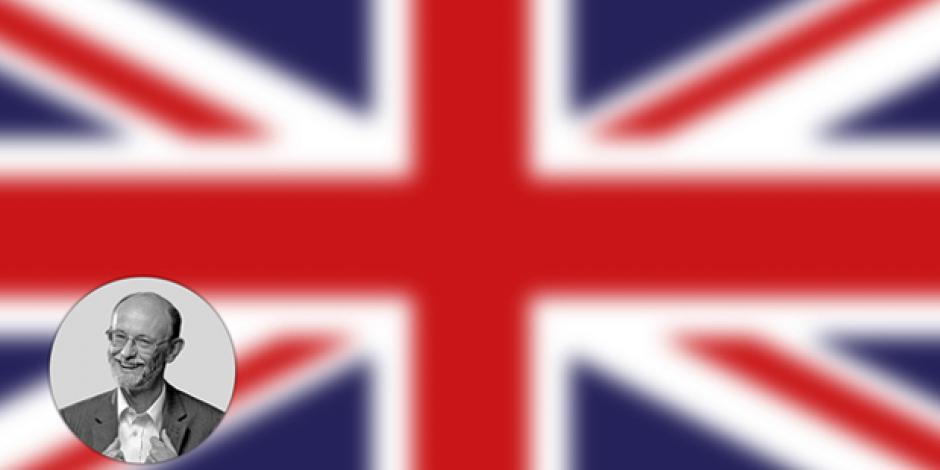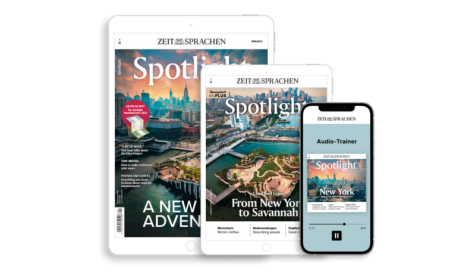Starten Sie den Audio-Text
Mit dem Audio-Player können Sie sich den Text anhören. Darunter finden Sie das Transkript.
Transcript: A season for fair play
One sign that life is getting back to normal after the virus is the return of football on Saturday afternoons. But what if there’s suddenly a second wave of infections? The beautiful game would find itself straight back in lockdown.
It would be one step forward, two steps back. At other times, that would be a skilful piece of dribbling. In this contextZusammenhangcontext, however, it would be a dreadful disappointment. So, we need a Plan B.
Hopefully, parks will stay open if there’s another wave of the virus, so that everyone can at least exercise. They offer a kind of alternative to football — as you walk through our local park, you see crowKrähecrows on one side of the path and seagullMöweseagulls on the other, and it really looks as if one side is about to kick off.
When I say seagulls, I mean real seagulls, not members of the Brighton & Hove Albion Football Club, which is a southcoast team in the Premier League. Lots of British clubs have nicknameSpitznamenicknames, many of them inspired by birds and other animals.
The park also has a few magpieElstermagpies. Real ones, not Newcastle United players, who wear black and white when they’re playing at home. The magpies try to organize a sort of five-a-sideFünfer-Teamfive-a-side match down the other end, but they struggle to find an opponent.
Magpies are such bullyRowdy, Tyrannbullies, but even they need to watch out for the foxes. Real foxes, that is, not Leicester City. Norwich City, by the wayübrigens, nebenbei bemerktby the way, are called the Canaries. You don’t see canaries in the park, but you do see parakeetPapagei, Sittichparakeets. Plenty of pigeonTaubepigeons, too. They’re a bit like the fans: they just watch — and eat non-stop.
All the pestPlagegeistpests in the park are there to find food, of course, using rubbish bins as goals. In their version of the game, they to scorePunkte machenscore by taking something out of the goal, not putting something in. Seagulls are the experts — the birds, that is, not the football players.
Top players from the Premier League certainly weren’t hunting through bins during lockdown. It was suggested that they might be willing to take a pay cut. They weren’t keen (UK)begeistertkeen. After all, everything has to be paid for, whether it’s the linguini they put on their weekly shopping list or the Lamborghini.
Clubs like Newcastle and Norwich even took money offered by the government to to furlough sb.jmdn. beurlaubenfurlough their staff. It seems a cheekFrechheitcheek. The idea behind the schemePlan, Programmscheme was to help protect jobs by keeping the wolf from the door till things got better. Not a real wolf; there aren’t any wild ones in the UK. We do have Wolves, though — Wolverhampton Wanderers Football Club.
Theatres are also a to be a lifelineunverzichtbar seinlifeline, and they’ve had a much tougher time than football. It’s been heartbreaking to see them in such financial difficulties. One of our local theatres went to go bust (ifml.)pleite gehenbust early in the lockdown. This is not a good time to be working in the arts.
Could parks help them, too? Tricky. Saturday afternoons in the middle of autumn are hardly the ideal time for open-air performances. And, as much as we all admire Chekhov, there’s a limit to the number of times you want to see The Seagull.
Neugierig auf mehr?
Dann nutzen Sie die Möglichkeit und stellen Sie sich Ihr optimales Abo ganz nach Ihren Wünschen zusammen.



